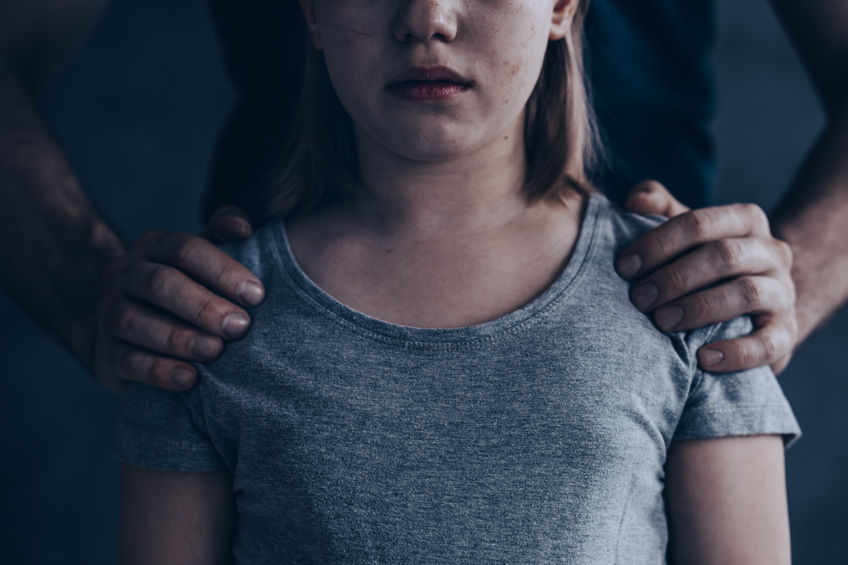
I get so many questions and concerns from parents about their teenagers’ use of cellphones that I decided to share the contract that my co-parent and I use for our 15 year old daughter. We still have our challenges, and it is a work in progress, but it helps to avoid many of the problems that I hear about in my practice. Feel free to use, change or ignore any parts of it.
Contract for Use of a Cellphone
We agree to:
- Allow you to have a cellphone, and contribute to its cost and monthly plan, so long as you use it in accordance with this contract.
- Offer support and education about how to be a good online citizen.
- Listen without judgment or punishment when you need help, make mistakes, or have concerns.
- Respect your privacy except when we feel we need to protect or educate you.
You agree to take responsibility for following our rules:
- Contribute $100 toward the cost of the phone and $5/month to the cost of your plan, assuming more of the cost of it over the next few years.
- Use your phone only during screen time and follow screen time rules.
- Understand that if you are using anything that has a screen, it is screen time. This includes handheld devices, desktops, laptops, tvs and anything else that has a screen.
- Respect our rule about no social media and use your devices only for texting, face timing, calling, and approved games (games that don’t include sharing photos, videos or any personal information with people that you don’t know in person or inviting people to rate/judge you or your work).
- Understand that the phone does not go to school except on transition days or by special arrangement with a parent.
- Put your phone in the agreed upon, public location at both houses, as soon as you get home, in between use, and at bedtime.
You agree to take responsibility for your health/safety:
- Never use your phone to communicate with people who are unknown to you in person and never agree to meet someone that you have met online.
- Share the password with us and not change it until you have given us the new one.
- Keep it on airplane mode, in an agreed upon location, when not in use.
- When you are carrying your phone with you, have it on airplane mode, except when you are using it or waiting for a call.
- Have the phone as far away from your head as possible when using it.
- Do not provide your personal information – address, real name, birthdate, SS number, names of family members to sites or to even anyone known to you since these routes are not secure and that info can be hacked and used to steal your identity. You can create a fake birthday, etc if you wish.
- To turn off the device and tell a trusted adult (preferably us!) immediately if you come across porn, bullying, someone using a damaging picture of you online, or anything else that is concerning/confusing/not age-appropriate.
You agree to take responsibility for your words and actions:
- Not say anything to someone, or about someone, that you would not say to their face.
- Not involve yourself in conversations that are hurtful to others. Be a leader and a positive influence, or stay out of the conversation.
- Never send pictures of yourself that you would not want the entire world to see.
- Send only pictures of others that you have their permission to send.
You agree to take responsibility for protecting your future:
- Tell friends not to post, share or forward photos of you or your messages without your knowledge and consent.
- To always remember that once you send a picture or message, you have lost control over it. It can be forwarded to people that you never intended it for. Assume this is always a possibility before you hit the send button. In other words, if you wouldn’t say/wear/do it in front of your entire class, don’t say/wear/do it online.
- To remember that once you put something online, it creates a “digital footprint” that never completely goes away. It can be found in the future by college admissions officers, prospective employers, and law enforcement. In other words, if you aren’t totally proud of it, don’t document it online.
- Understand that college admissions officers and potential employers are now checking who potential candidates follow on twitter and other social media apps. They will use this information to judge whether you are a “good fit” for their organization.
You agree to:
- Be honest with us if/when you mess up and break any of the above agreements. We expect you to make mistakes. That’s ok. Mistakes are how you learn. Above all, be honest about your mistakes so we can help you learn. We are on your team. We are all in this together.
- Understand that we may, at times, take breaks from these technologies in order to give us all a chance to “reset”. This will happen if you are not respecting the terms of this contract or if the use of the phone is creating undue conflict or stress in our homes/relationships with you.
We believe that these are not just online skills, but life skills. We know that technology is a fun and novel way to connect with others. We also know that the best way to connect with others is to be with them, real and in person, giving each other your loving and undivided attention.
We love you more than anything in the whole world!
Signature __________________________________ Date ________________Signature __________________________________ Date ________________Signature __________________________________ Date ________________
Need help explaining and enforcing a contract like this with your teen? Click here to book a FREE 20 minute phone consult.











